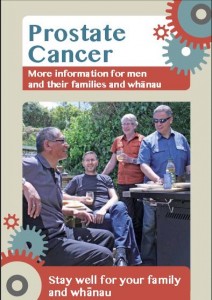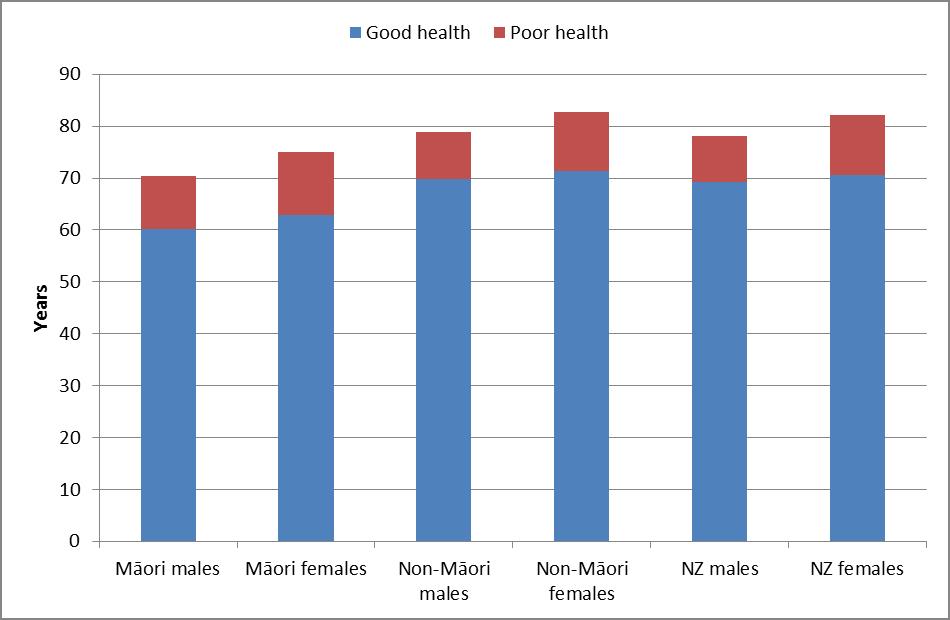Associate Professor Diana Sarfati and Dr Caroline Shaw
Associate Professor Diana Sarfati and Dr Caroline Shaw are public health experts in screening, especially cancer screening. They are both from the Department of Public Health at the University of Otago, Wellington.
 Another review of the evidence for prostate cancer screening with prostate specific antigen (PSA) was published in the last week in the journal JAMA.[1] This blog considers the key recent evidence relating to prostate cancer screening. There remain many problematic issues with this type of screening – including the cloudy nature of the overall evidence on benefits vs harms. It is not reasonable to ask individual men and clinicians to make decisions regarding PSA-based screening. The Ministry should withdraw the recent pamphlets from circulation, and advice GPs and the public that there is insufficient evidence to recommend screening.
Another review of the evidence for prostate cancer screening with prostate specific antigen (PSA) was published in the last week in the journal JAMA.[1] This blog considers the key recent evidence relating to prostate cancer screening. There remain many problematic issues with this type of screening – including the cloudy nature of the overall evidence on benefits vs harms. It is not reasonable to ask individual men and clinicians to make decisions regarding PSA-based screening. The Ministry should withdraw the recent pamphlets from circulation, and advice GPs and the public that there is insufficient evidence to recommend screening.





